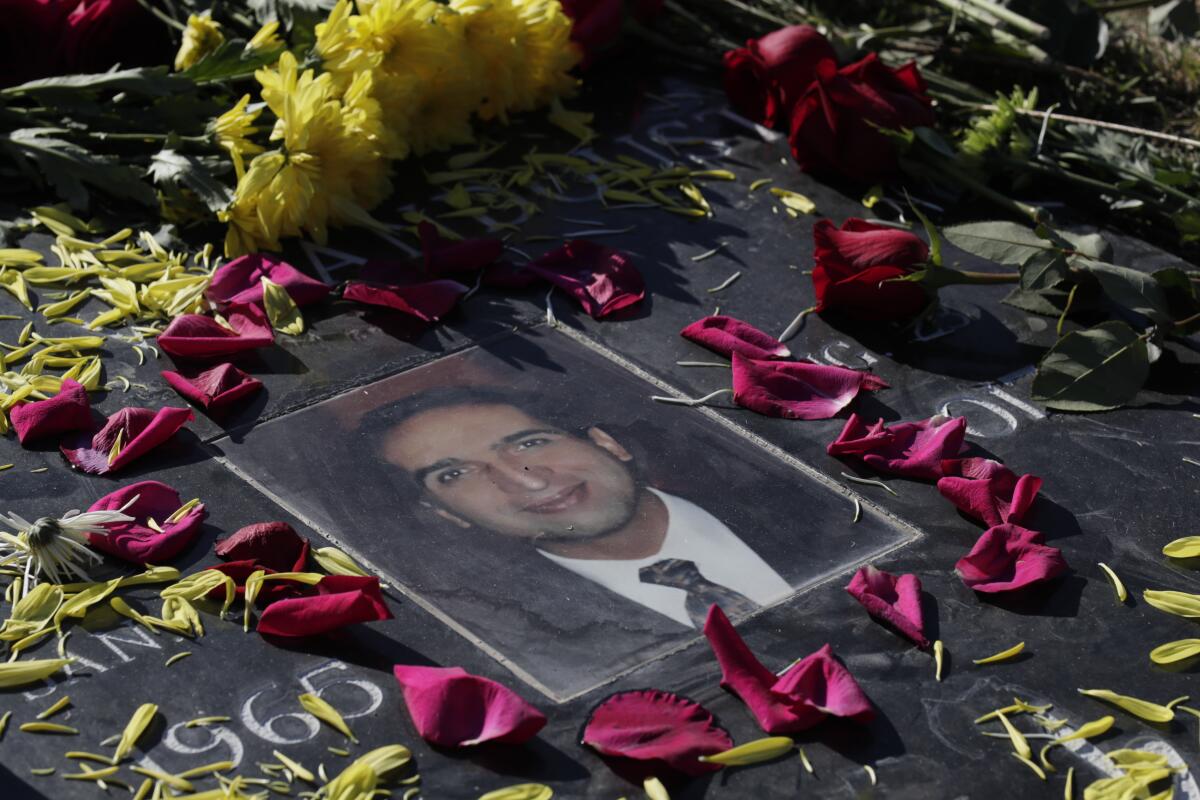Letters to the Editor: Supervisors could have done more to prevent L.A. County hospital deaths

- Share via
To the editor: Thanks to the L.A. Times for shining a light on the long and unacceptable delays that many Los Angeles County residents face in getting necessary care. As a healthcare advocate and registered nurse, I’ve been quite vocal at previous Board of Supervisors meetings about the failure of the Department of Health Services (DHS) to adequately address these delays.
Years ago, I alerted the supervisors to the nearly 300 patients who waited as long as three years to receive much-needed hernia repair. Later, I provided the supervisors with data using the DHS’ own dashboard that showed serious issues in various critical areas.
Time and again these warnings would fall on deaf ears.
Prior to the COVID-19 crisis, the supervisors met once a week. Afterward they chose to meet every two weeks. This new meeting model only extends the time for them to take corrective action against DHS’ failures.
In the meantime, many dedicated county healthcare workers are placed in the untenable position of trying to provide timely care in a system that appears designed to delay care at all costs.
Geneviève Clavreul, Pasadena
..
To the editor: As a gastroenterologist practicing for more than 40 years, I am saddened to read about cases such as that of Majid Vatandoust, who was denied a colonoscopy due to his age despite showing symptoms of colon cancer.
The structural issues underlying this circumstance include the fact that public institutions like Los Angeles County’s hospital system can have difficulty retaining qualified specialists due to financial considerations. Also, physicians in specialty care have limited time to triage patients referred to them by their primary care colleagues.
My recommendation is to hire older physicians who no longer do procedures but have the experience and judgment to rapidly and effectively triage patients while building relationships with primary care providers. In this fashion, those needing immediate care can be prioritized rapidly and effectively, with consequent reduction of excess disease and death due to prolonged wait times.
Jonathan Kaunitz, MD, Santa Monica
More to Read
A cure for the common opinion
Get thought-provoking perspectives with our weekly newsletter.
You may occasionally receive promotional content from the Los Angeles Times.









